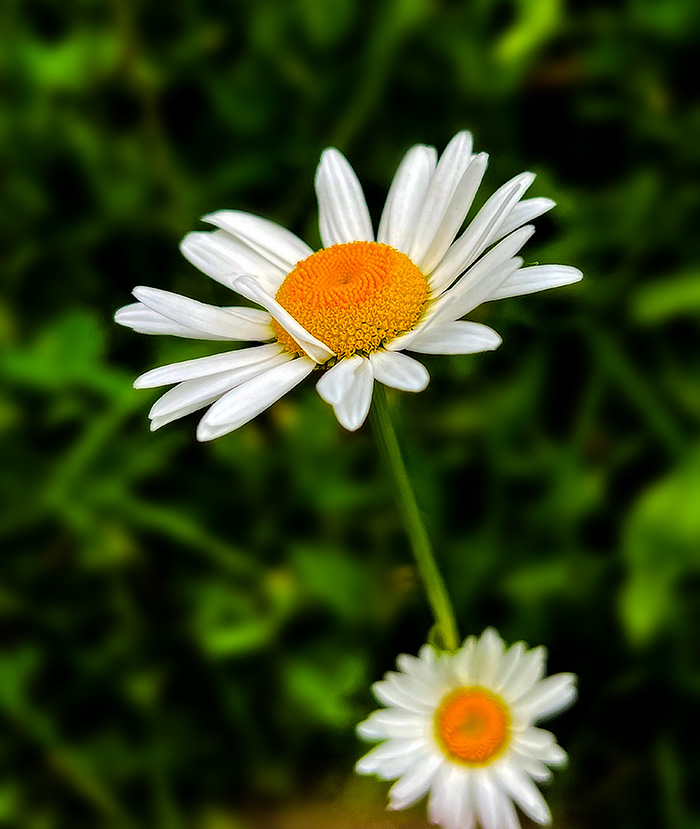We exist. But it is much more than that, I think. Yes, life seems to be more than just existence. It is being.
If you’ve ever pondered the meaning of existence or questioned the purpose of life, you’ve partaken in existentialist philosophy, on some level.
I only know the little bit I’ve read about existentialism. As I understand things, it is the philosophical belief in which we are each responsible for creating purpose or meaning in our own lives. We figure out our purpose on our own. That “purpose” or meaning in life is not given to us by Gods, governments, teachers, or other authorities.
They say that in order to fully understand the thinking “that underpins existentialism,” we must first explore the idea that contradicts this philosophy. And that is essentialism.
Essentialism was founded by the Greek philosopher Aristotle. He proposed that everything had a soul, an essence. Including us. We all possess qualities that are “essential” for a thing to be what it is.
So, in essentialism, Aristotle claimed that our “essence” was created prior to our existence. In other words, you and I were born with a predetermined purpose. It all was placed nice and neat within us and had been determined prior to our births.
This was THE popular belief for thousands of years. It also gave a whole lot of weight to religious thought. That school of thought placed emphasis on an omnipotent God. All-powerful. That God created each being with a predetermined plan in mind.
Many philosophers began to think otherwise. They included Søren Kierkegaard, Fyodor Dostoyevsky, and Friedrich Nietzsche. All of them questioned essentialism in the 19th century. But the big guy, the one that brought it into popularity in the 20th century, was Jean-Paul Sartre following the horrific events of World War II.
That is why I am thinking about all of this. Today, June 21, is the birthday of Jean-Paul Sartre. He came here in 1905 via his Mom.
His concern with essentialism was that all of those people were slaughtered, tortured, abused, and murdered during the Holocaust. According to essentialism, could that really have been their pre-determined purpose by an all-powerful god? People questioned how something as catastrophically horrible as the Holocaust could have a predetermined purpose. People wanted a different answer.
Jean-Paul Sartre put forth many academic works on this topic of our existence. The existentialist movement asked, “What if we exist first?” They suggested that we are all created as blank slates. “Tabula rasa.” And, during our lives, it is up to us to discover our life’s purpose or meaning. At the time, it was quite a revolutionary thought.
Existentialism is not quite atheist. But it does suggest that there is no “divine intervention, fate, or outside forces” that actively push us in a particular direction. We make our own decisions. We do the thinking. We create our own purpose through our actions.
So, again. People who believe in existentialism think that the world and human life have no meaning unless we, the people, give our lives meaning. It goes: “existence precedes essence.” We find ourselves existing in the world, and then determine our own meaning. As Sartre said, “We are condemned to be free.” This means that we have no choice but to choose and have full responsibility for our choices.
I’m not sure about my philosophy on life, about my purpose, my meaning, my truth. I guess it might be predetermined, and I am just thick as a brick in sorting it out. On the other hand, if I determine my own purpose, maybe I am just thick as a brick in sorting it out.
Either way, here I am. I am almost sure of that. Almost.
===========
“Be — don’t try to become”
― Osho
==========
“Don’t go on discussing what a good person should be. Just be one.”
― Marcus Aurelius, Meditations
==========
“Before I can tell my life what I want to do with it, I must listen to my life telling me who I am.”
― Parker J. Palmer, Let Your Life Speak
============
Exist. Or Essence. Or Exist. Or?
